As the holy month of Ramadan approaches, concerns about potential violence in Jerusalem loom large, fueled by the absence of a ceasefire between Israel and Hamas. The militant group Hamas has called for increased access to the Al-Aqsa Mosque during Ramadan, raising tensions in the region.
The Al-Aqsa Mosque holds significant religious importance for both Muslims and Jews, being considered the third holiest site in Islam and the holiest site in Judaism, known as the Temple Mount. The area has often been a flashpoint for conflict between Israelis and Palestinians.
With Ramadan expected to commence on March 11 or 12 upon the sighting of the moon, Israel accuses Hamas of attempting to destabilize the region during this sacred month. A proposed 40-day ceasefire aimed at the start of Ramadan collapsed, heightening concerns about potential unrest.
Local residents express their desire for a peaceful observance of Ramadan, emphasizing the importance of maintaining peace during this holy time. Security measures have been intensified around the Al-Aqsa Mosque, with strict access control implemented at each entrance.
The history of Jerusalem's occupation, particularly East Jerusalem, remains a contentious issue between Israelis and Palestinians. Clashes between Israeli security forces and Palestinians often escalate during Ramadan, adding to existing tensions.
Israeli National Security Minister Itamar Ben Gavir advocates for a strict ban on entry to the Al-Aqsa Mosque to prevent potential celebratory gatherings by Hamas and ensure the safety of Israeli hostages. However, Israeli Prime Minister Benjamin Netanyahu assures that devout Muslims will be allowed access to mosques during the first week of Ramadan, with security assessments to be conducted weekly.
As the holy month approaches, uncertainty remains regarding the number of Muslims permitted to enter Al-Aqsa Mosque during Ramadan, leaving the situation in Jerusalem on edge.






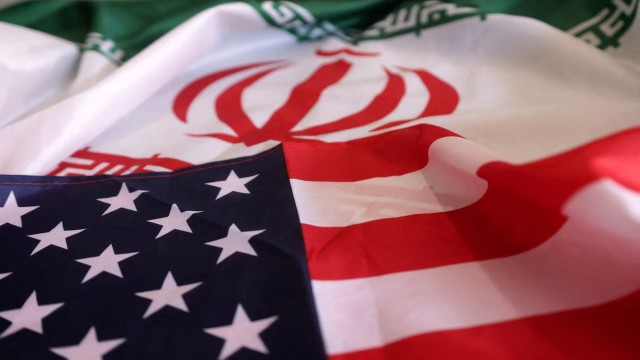

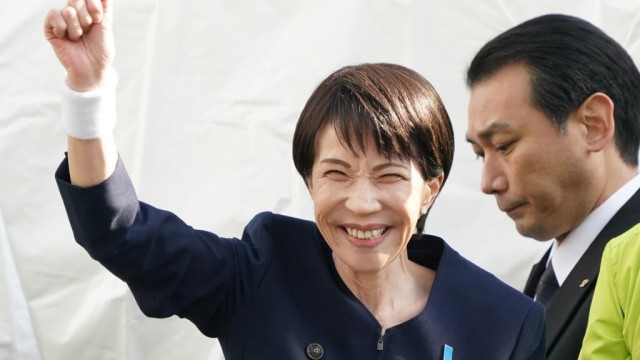

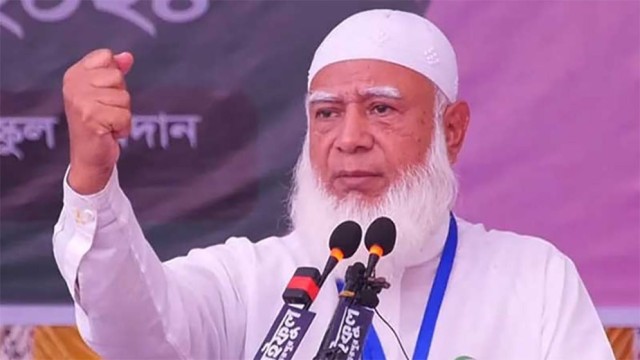
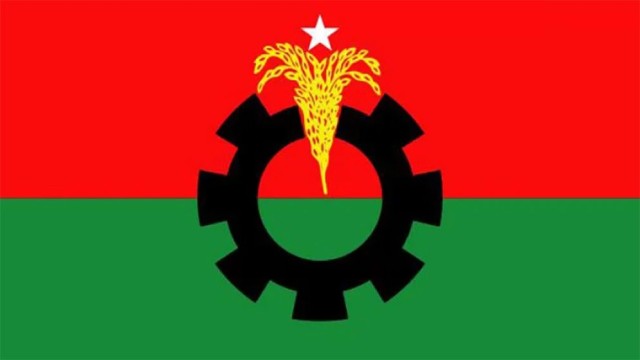
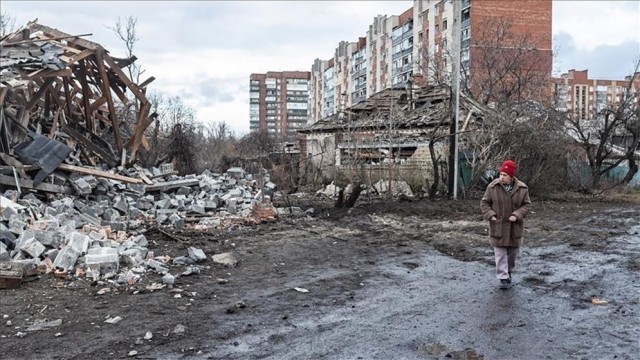


















Comment: